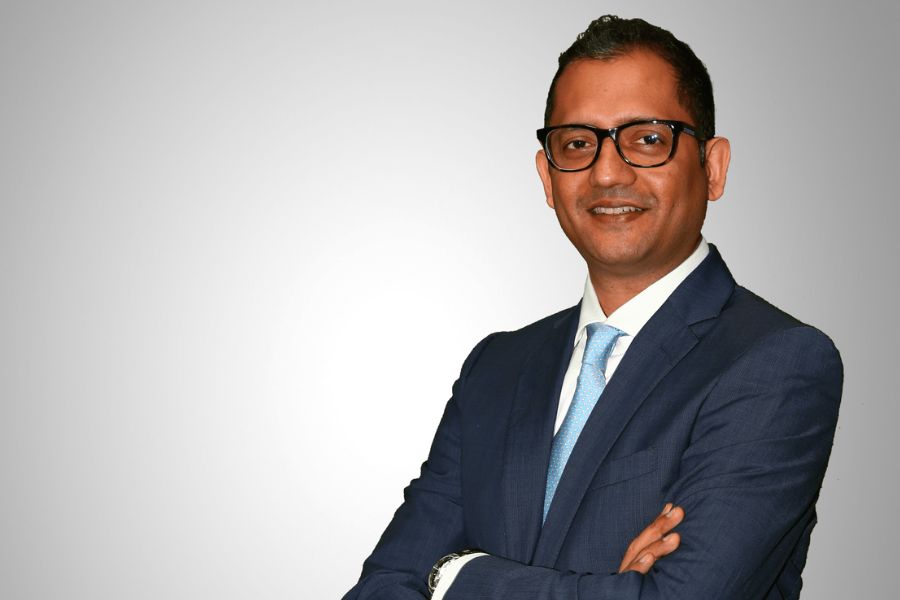Transformative waves sweeping across India's educational landscape
UNext provides an independent, full-stack, ed-tech platform that acts as a two-way marketplace connecting educational institutions with individual and enterprise learners


 The skills landscape is shifting, and keeping pace through suitable learning has become imperative. Recruiters are also no longer fixated solely on academic degrees they are embracing a skills-based hiring approach, valuing critical thinking, problem-solving, teamwork, and collaboration. This monumental shift calls for a revolution in learning, and this is where Education 4.0 comes into play.
The skills landscape is shifting, and keeping pace through suitable learning has become imperative. Recruiters are also no longer fixated solely on academic degrees they are embracing a skills-based hiring approach, valuing critical thinking, problem-solving, teamwork, and collaboration. This monumental shift calls for a revolution in learning, and this is where Education 4.0 comes into play.
To explore the theme ‘UNext: Empowering Million Learners’, Ambrish Sinha, CEO of UNext Learning, joined CNBC-TV18 for an insightful conversation about the transformation of education and the role of platforms like UNext Learning. Sinha opened the discussion by segmenting education in India into three key areas: K-12, test-prep exams for various institutes, and higher education. He emphasized the significance of higher education"s resonance with online modes, particularly during the pandemic, as universities and colleges embraced hybrid learning.
Sinha believes that campus-based education will persist for top-tier universities and schools in India. However, he asserts that the long tail of universities and colleges must rapidly evolve, or learners will increasingly turn to online education. The rationale behind this shift lies in online education"s cost-efficiency, democratization, and scalability. Online learners can access education from the comfort of their homes, reducing the need for extensive infrastructure. Sinha noted, "On our platform, about 60% of learners come from about 2,000 plus towns and cities in India. The top 10 cities contribute roughly about 30% to 35% of our learners, and all these are online."
Sinha also addressed the importance of degree recognition, affiliation, and trust in learning. He emphasized that ed-tech courses leverage technology to curate content, adapt to learner behaviours, and provide a tailored learning experience, surpassing traditional courses.
Regarding concerns about AI taking away jobs, Sinha offered a balanced perspective, stating, "This technology is going to be transformative, but professions will be lost and not jobs. New professions will emerge, and people will still have jobs. I do not believe too much in that fear psychosis we as a species are resilient."
Sinha believes that online education is a potent tool for transforming India and a crucial element in the nation"s journey toward becoming a 5 trillion-dollar economy. UNext, which has nearly 125,000 learners at the close of this financial year, has exceeded revenue expectations. Over the next five years, Sinha envisions having a million learners on the UNext platform and is working diligently toward this ambitious vision.
The pages slugged ‘Brand Connect’ are equivalent to advertisements and are not written and produced by Forbes India journalists.
First Published: Nov 27, 2023, 10:30
Subscribe Now